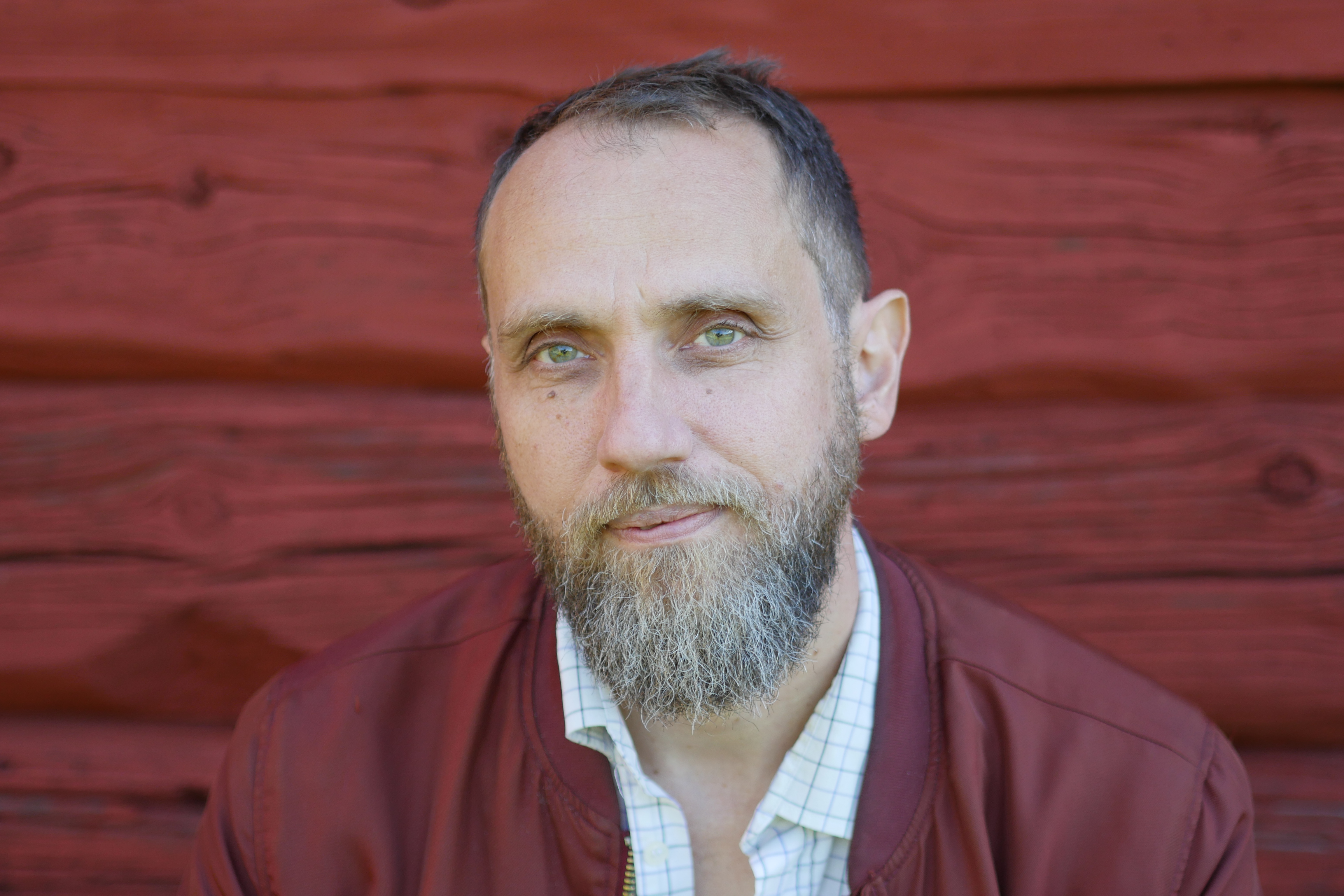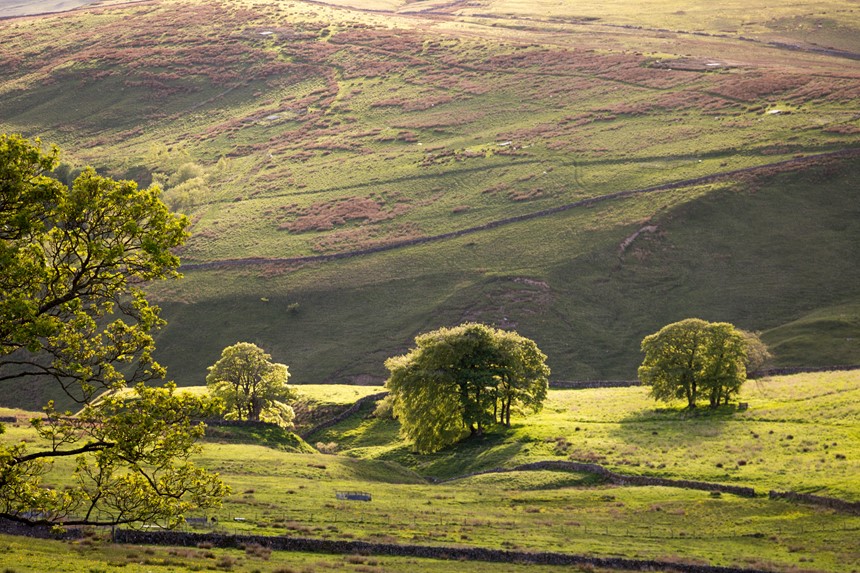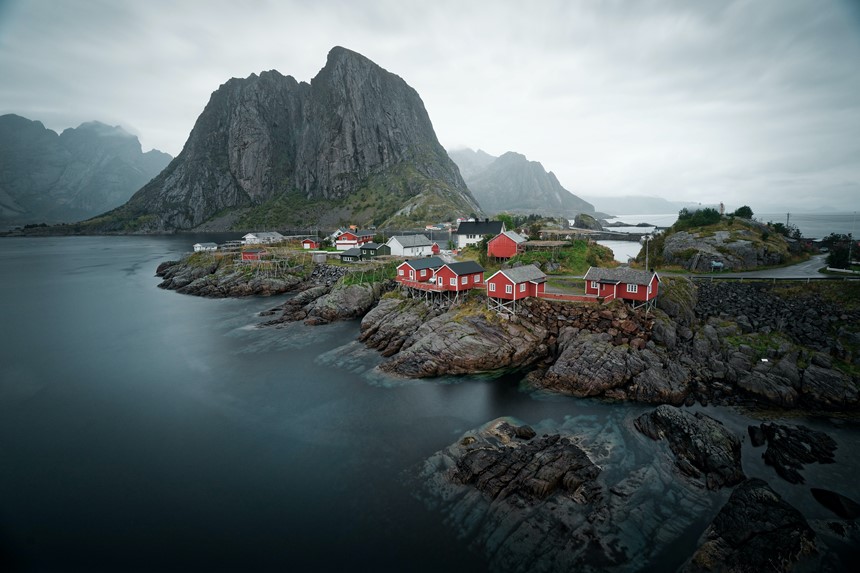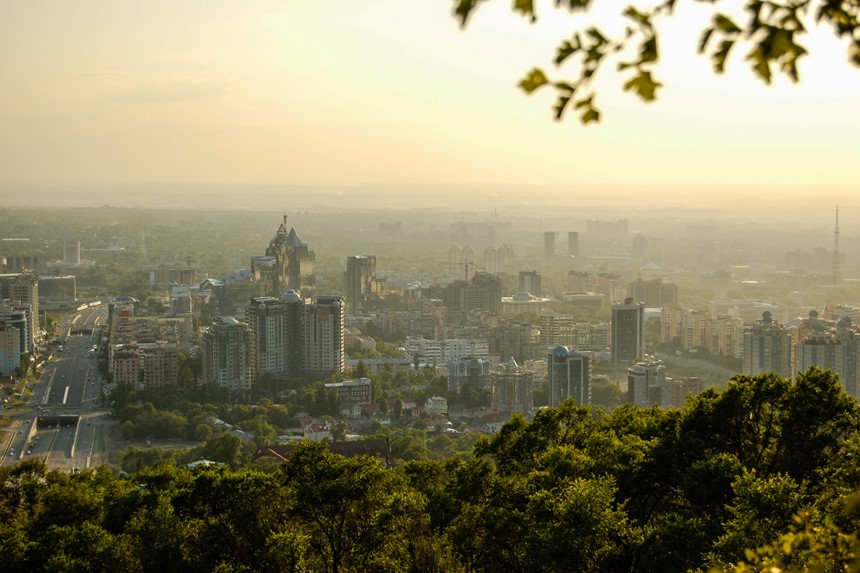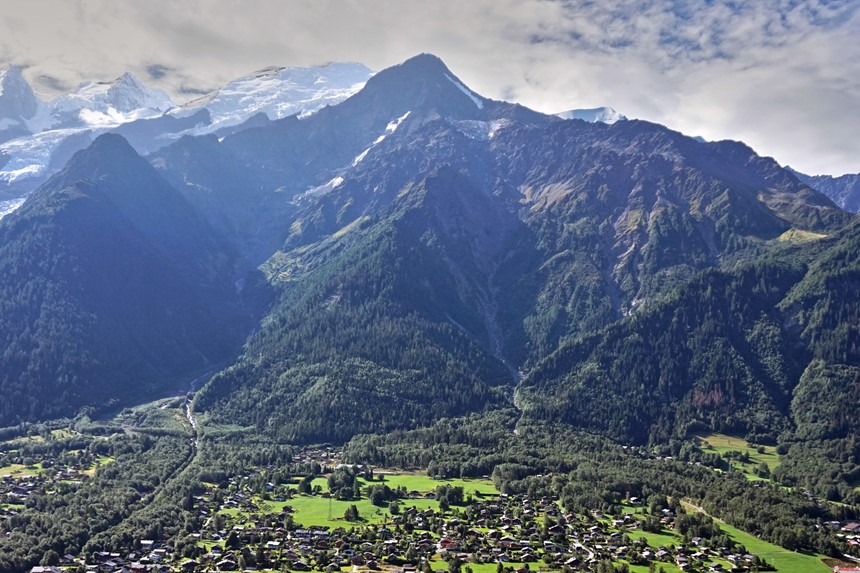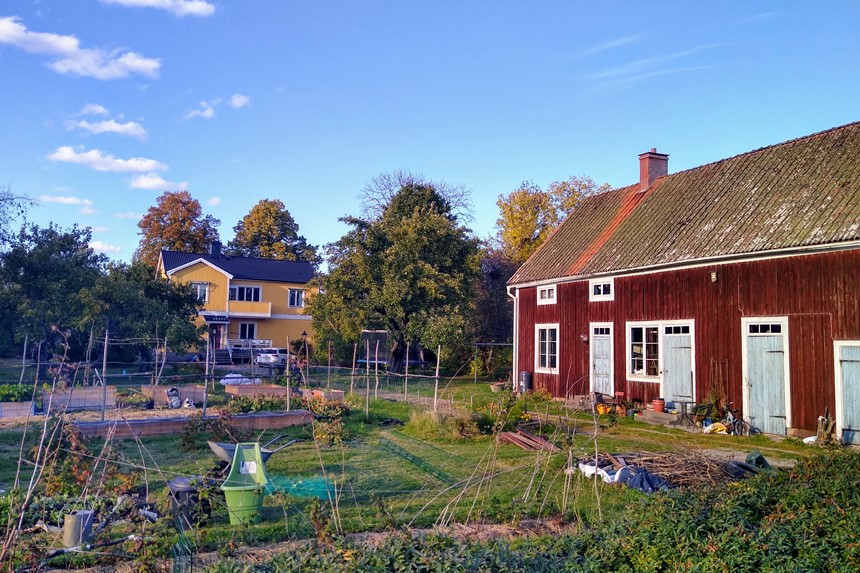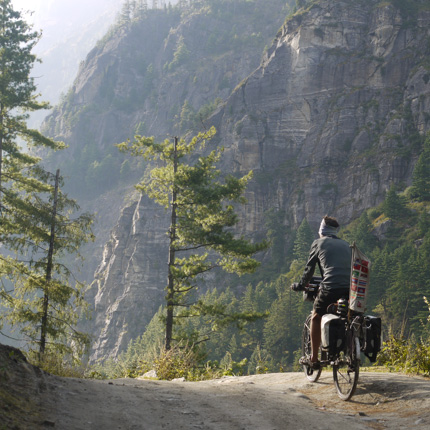Yet, in another sense, the onward journey continued. All through my twenties, as friends threw themselves into the careers for which our education had apparently prepared us, I would find myself saving a little money and then setting off to live for half a year in Cape Town, failing to write a book, or to teach English in Xinjiang, where I spent my weekends exploring the old Silk Road towns and the Uighur villages where life still went at the pace of a donkey cart and strangers with whom you had no words in common would invite you into their front rooms and bring out apricots and fragrant pears from the walled gardens within which each house was set.
In those years, I learned to surrender to a new place, to trust that things would happen if I gave it time. Travelling back overland through Central Asia, I stayed for a week in Almaty. Across the street from the hostel was a replica of the Eiffel Tower, twenty metres high. For two days, I walked the gridplan of the city, watching the wind blow up swirls of dust from casino carparks, learning to find my bearings – at every junction, you could look for the Tien Shan mountains and then you knew which way was south – and waiting for something to happen. Sure enough, on the second night, I fell into conversation with a Kazakh cardiologist who would take me up into those mountains by bus and cable car, where we walked in meadows full of alpine flowers as she told me about her grandmother who still lived half the year in a yurt on the steppe and her great-grandfather who had been a traditional healer of great renown. Her parents were good Soviet-era rationalists, but despite her medical training, she found herself drawn home to the culture of her ancestors.
The arc that passes through modernity and out the far side was shorter for my Kazakh friend than it had been for me, growing up in the North East of England, where the Industrial Revolution had taken my ancestors away from the land generations earlier. Her lived experience of something older and not yet gone stirred my sense of loss at having so little to fall back on. But the reckoning with the modern world and its consequences has been coming for all of us – and as I tell these stories, there’s a sense that I now come from another era, when they used to say that history had ended, when those of us born with the right passport could cross borders without thinking about it and climate change did not yet loom so darkly on the horizon.


